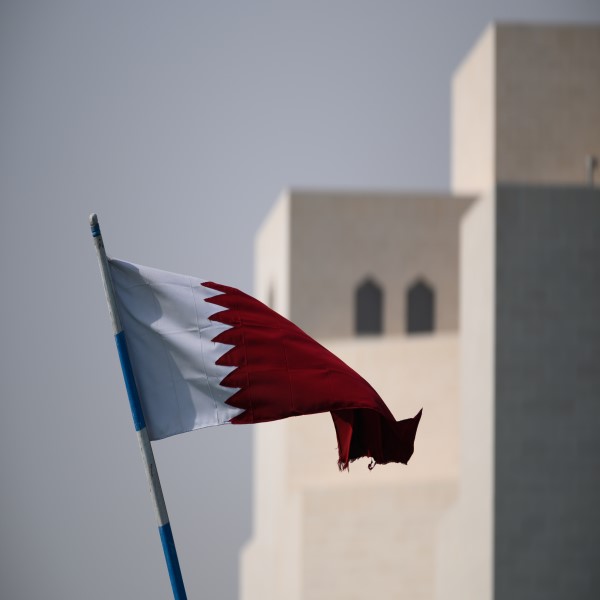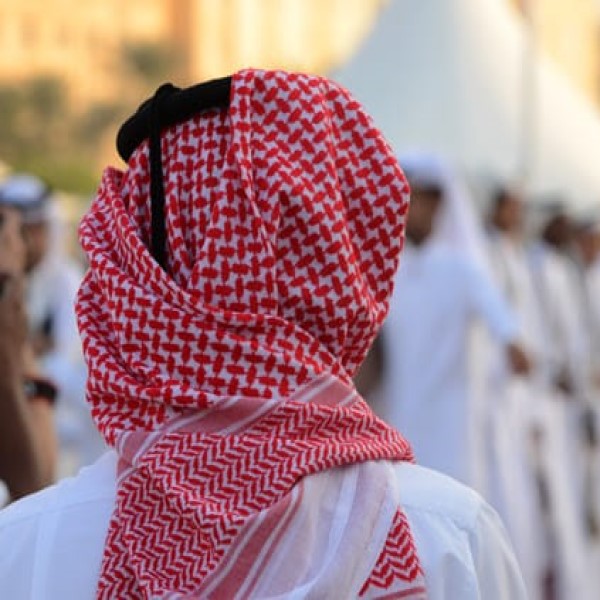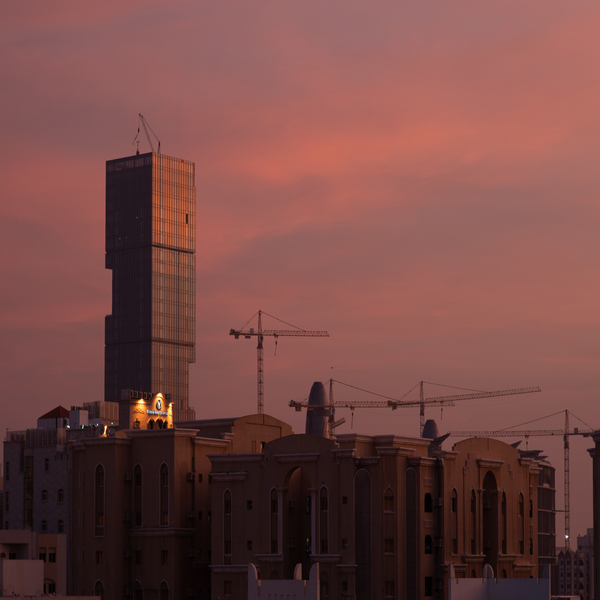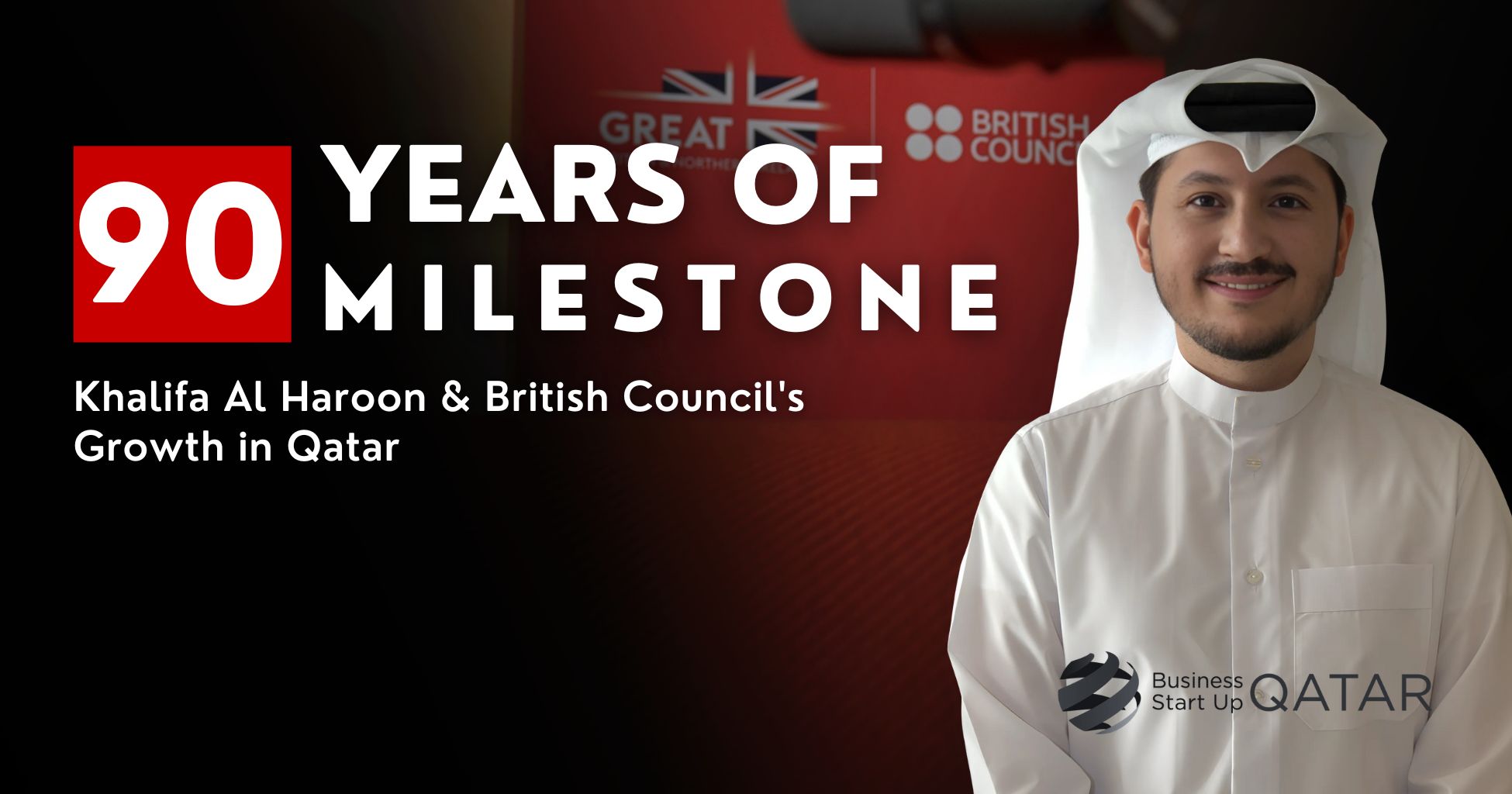Investment in the State of Qatar
Foreign investment in the State of Qatar allows non-Qatari investors to invest in all sectors of the economy, subject to the requirement that 51 percent of the share capital in the venture be held by a Qatari person, legal or natural in some sectors. Foreign investment is generally not permitted in banking and insurance activities, commercial agency or real estate activities. There are, however, certain exceptions in respect to real estate which allow for the provision of land necessary for government approved investment projects.
A concession is made when the foreign component of the ownership in the new venture is made up of a GCC national or wholly-owned GCC legal entity. In this case, the GCC national or legal entity may own up to 50 percent of the share capital in the new Qatar venture with a Qatari counterpart holding the remaining share capital.
Other exceptions may be granted provided that the field of business falls within one of the following sectors of the economy: Agriculture; Industry; Health; Education; Tourism; Development and exploitation of natural resources; Businesses of technical and information consultancy; Cultural, sports and entertainment services; Distribution services; and Energy or mining, provided that such projects match the development plan of the State of Qatar.
Preference will be given to projects that may potentially achieve optimum utilization of local raw materials, industries set up for export of products, for introducing new products or employing new technologies, as well as projects aiming to localize worldwide leaders in industry or those who will train and qualify Qatari nationals. To lawfully conduct business in the State of Qatar on a regular basis, foreign investors are required to establish a legal presence here through one of the available options.
The available establishment vehicles may be classified as follows: Incorporating a local entity under the Commercial Companies Law No. 5 of the Year 2002 (Companies Law); Establishing a foreign branch in light of Article 3 of the ForeignInvestment Law (Foreign Branch); Establishing a
under Ministerial Resolution No. 142 of the Year 2006 regulating the establishment of representative trade o�ces (Representative Trade O�ce); and Incorporation in the Financial and Technology Zones (QFC and QSTP).
Source(s): Qatar Chamber of Commerce




